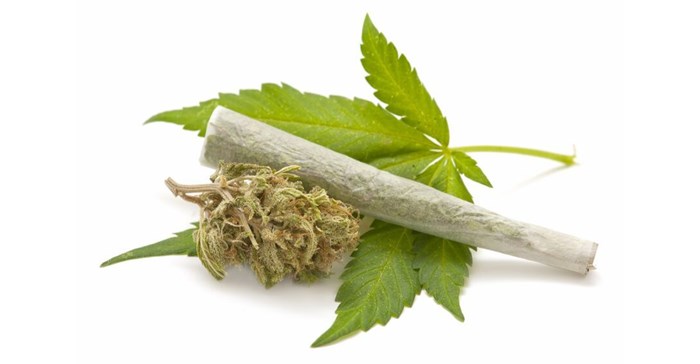
“Forty-eight (48) out of 100 is a drug policy fail in anyone’s book,’ said Ann Fordham, executive director of the International Drug Policy Consortium which led on the development of the Index with the partners in the Harm Reduction Consortium.
“None of the countries assessed should feel good about their score on drug policy, because no country has reached a perfect score. Or anywhere near it. This Index highlights the huge room for improvement across the board,” she adds.
For decades, tracking how well - or badly - governments are doing in drug policy has been an elusive endeavour.
"In no small part, this is because data collection efforts by both governments and the UN have been driven by the outdated and harmful goal of achieving a ‘drug-free society," says Fordham.
Most governments continue to employ a repressive approach to drug control based on this skewed data, which in turns means they cannot be held accountable for the damage their policies inflict on the lives of so many people.
"The success of drug policies has not been measured against health, development, and human rights outcomes, but instead has tended to prioritise indicators such as the numbers of people arrested or imprisoned for drug offences, the amount of drugs seized, or the number of hectares of drug crops eradicated," she explains.
The Global Drug Policy Index is the first-ever data-driven global analysis of drug policies and their implementation.
It is composed of 75 indicators running across five broad dimensions of drug policy
“The Global Drug Policy Index is nothing short of a radical innovation,’ said Helen Clark, chair of the global commission on Drug Policy and former prime minister of New Zealand.
“Good, accurate data is power, and it can help us end the `war on drugs´ sooner rather than later,” she says.
“What’s clear from the results is that no government can be complacent,” said Julita Lemgruber, former director of the Prison System of the State of Rio de Janeiro.
“Even in the highest-ranking countries, progress is sorely needed.
“Governments worldwide must abandon the idea of drug policies as instruments of “war” and understand them as means to promote human rights and citizenship.”
The Index’s results reflect that: